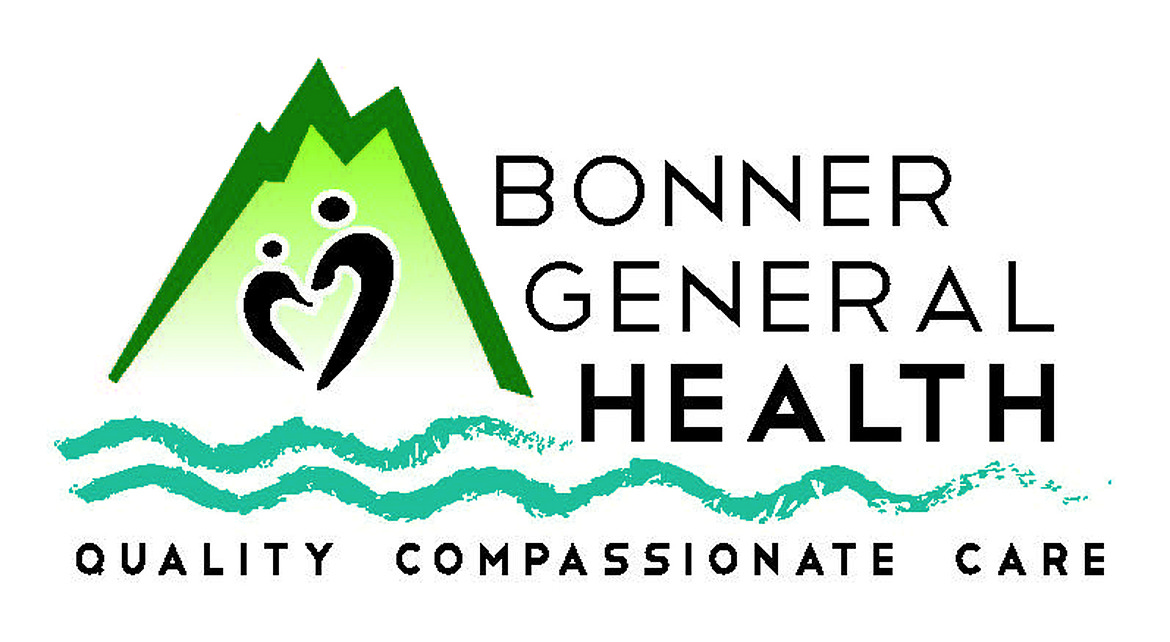Not just a theme, nurses do make a difference
The American Nurses Association has been honoring nurses throughout the month of May. The designated theme for this year’s celebration is, “You make a difference.” Their website says that they selected this theme to honor all the varying nursing roles as well as the positive impact nurses make in everyone’s lives.
“Nurses make a difference by ensuring quality patient care. Nurses make a difference by influencing and shaping health policy decisions. Nurses make a difference by caring, no matter the circumstance,” they say.
I know it’s late in the month, but I still want to talk about the different categories of nurses that promote health, prevent illness, and provide care for the ill, disabled and dying all year long. Yeah, nurses don’t just work in May.
“Beyond the time-honored reputation for compassion and dedication lies a highly specialized profession, which is constantly evolving to address the needs of society. From ensuring the most accurate diagnoses to the ongoing education of the public about critical health issues; nurses are indispensable in safeguarding public health,” ANA says.
There are literally hundreds of different nursing assignments. We’ll look at some of them in a bit. According to the Nursingprocess.org website, there are 5,355,450 nurses in America.
“By 2030, the total number of nurses in U.S.A. is expected to grow by almost 11 percent,” Nursingprocess.org says. “Strong growth is expected for all types of nurses, with nurse educators and nurse practitioners being the ones with the highest expected new employment growth.”
Southern New Hampshire University tells us that 31.32 percent of nurses work in general medical and surgical hospitals while 25.52 percent work in other medical facilities. 7.39 percent work in physicians’ offices; 14.97 percent in outpatient care centers; 11.47 percent in home health care services, and 9.33 percent in skilled nursing facilities.
More than half of all nurses are registered nurses. SNHU says that its primary responsibilities include “assessing patients, administering medications and treatments, assisting in diagnostic testing and providing emotional support and health education to patients and their families.”
Licensed practical nurses and licensed vocational nurses are often employed in nursing care facilities, hospitals, physician offices and home health care. Their responsibilities include monitoring blood pressure, collecting blood and urine samples, changing bandages, and addressing patient concerns to RNs and doctors.
Certified nursing assistants will monitor vital signs, bathe and dress patients and assist with their repositioning and walking. Often considered an entry-level job, being a CNA is often a stepping stone to other positions in healthcare.
Advanced practice registered nurses (APRN) diagnose patients, manage treatments, order tests, and prescribe medications. SNHU projects that the number of APRNs will increase by 45 percent by 2030.
Certified registered nurse anesthetists (CRNA) are also an APRN but are trained to administer anesthesia and other medications. They also take care of and monitor people who receive or are recovering from anesthesia.
Some nursing assignments are self-explanatory. These would include surgical assistant registered nurses, home care registered nurses, emergency room registered nurses, labor and delivery nurses, oncology registered nurses, and critical care nurses. I think most of us know what they mostly do.
Clinical nurse supervisors will have a master’s degree in nursing. Their responsibilities include supervising nursing staff, scheduling hours, handing out patient assignments and completing performance evaluations. They’re typically found in hospitals and long-term care facilities.
Nurse case managers also typically work in hospitals and nursing homes but can also work in industry. They coordinate with patients, medical staff, and insurance providers “to find the most cost-effective care plan, monitor progress, evaluate care and suggest alternative treatments.” SNHU explains.
A health informatics nurse specialist will have a master’s in health informatics, health care management or quality management. They work in hospitals’ information systems departments. Their job is to “maintain medical hardware and software, train medical staff and ensure that electronic documentation meets accreditation and review organization standards.”
I could go on, but you get the idea. There’s no such thing as a nurse is just a nurse. ANA says it best. “From ensuring the most accurate diagnoses to the ongoing education of the public about critical health issues; nurses are indispensable in safeguarding public health. Nursing can be described as both an art and a science; a heart and a mind.”
Kathy Hubbard is a member of Bonner General Health Foundation Advisory Council. She can be reached at kathyleehubbard@yahoo.com.



